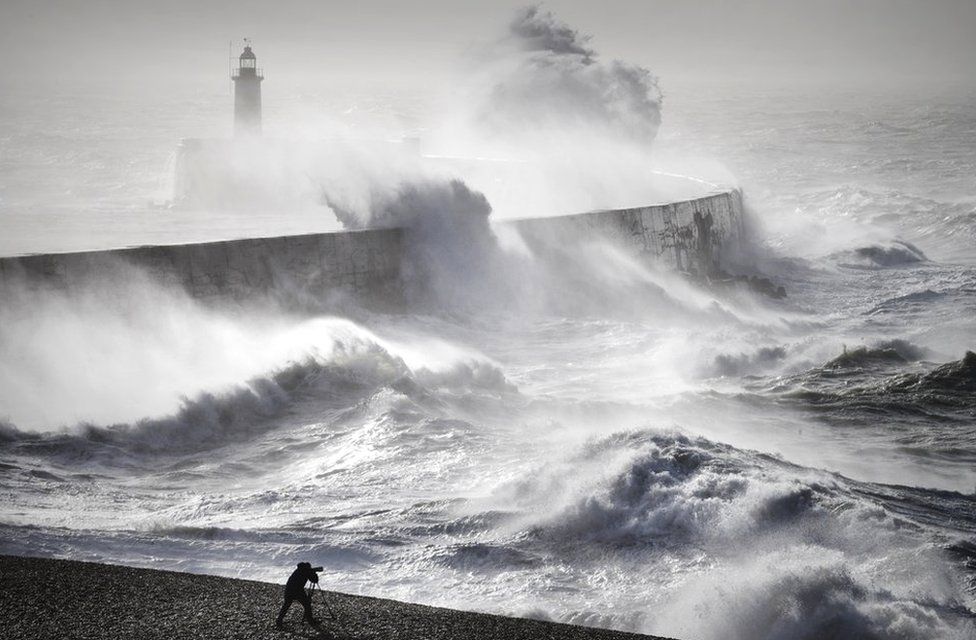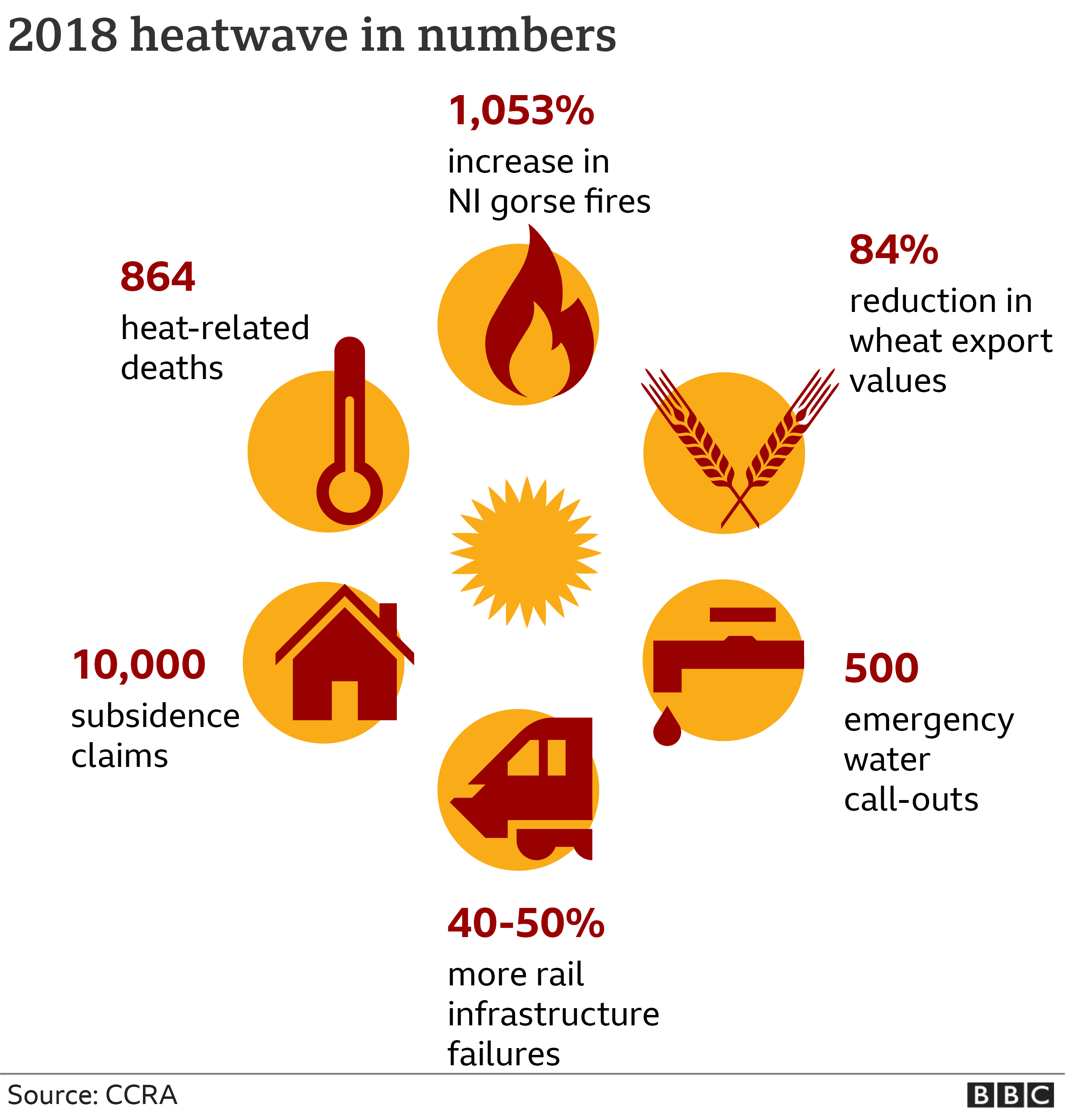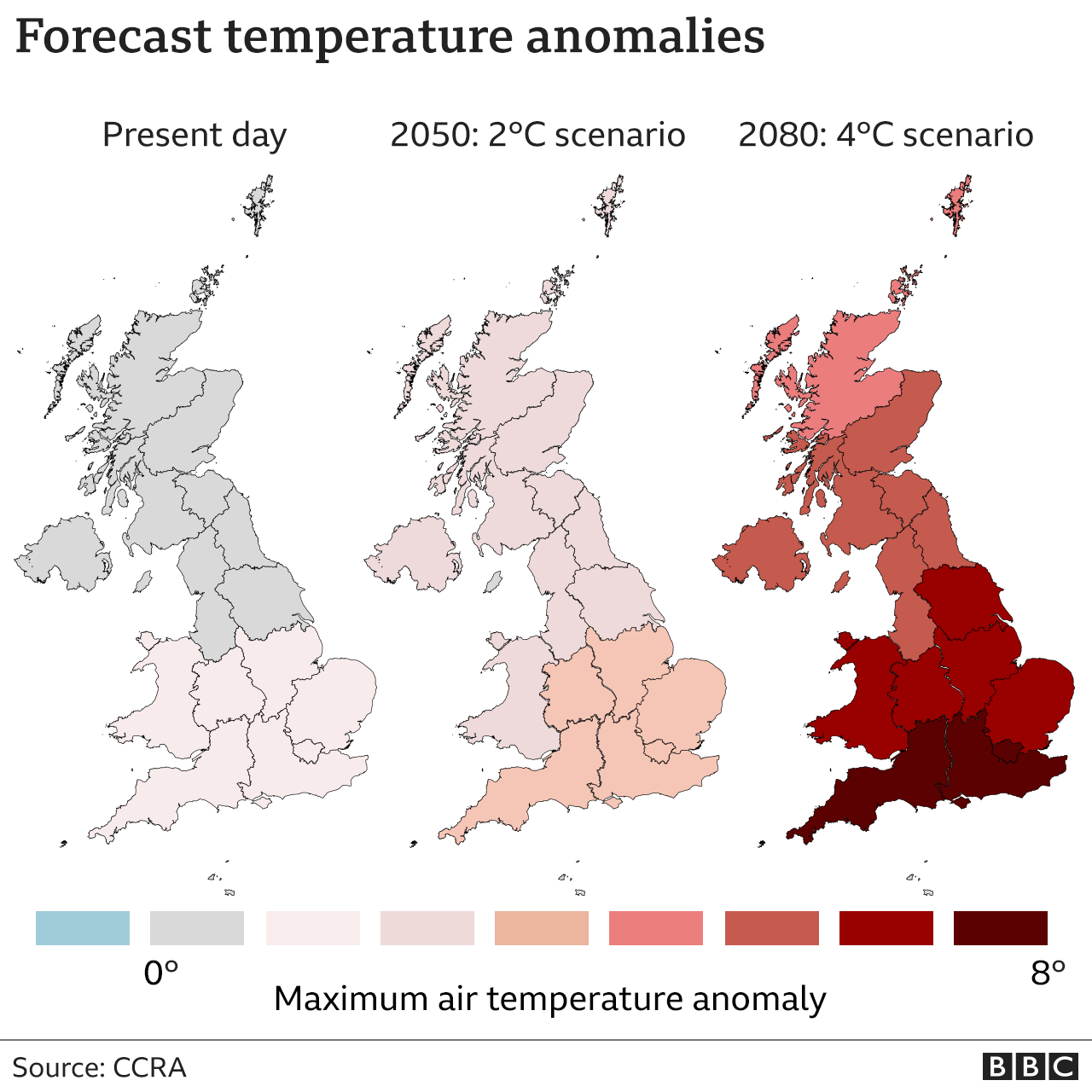llopez@businessinsider.com (Linette Lopez)

China's assertive, nationalistic behavior - known as "wolf warrior diplomacy" - has come to the financial markets.
This week Beijing punished a Chinese tech company that listed on the New York Stock exchange, and announced rules to govern all Chinese companies listed abroad.
Consider this part of the Chinese Communist Party tightening its grip on power at home, and closing its doors power from abroad.
This is an opinion column. The thoughts expressed are those of the author.
It was only a matter of time before Beijing's heightened nationalism came to Wall Street.
This week, Chinese authorities punished Didi, a ride sharing company, for its June 30 public debut on the New York Stock Exchange. Shortly after the Didi crackdown, Beijing announced new measures that could restrict Chinese companies going public abroad.
What all this is telling us is that Beijing is no longer going to tolerate its tech stars making foreigners rich on foreign exchanges. And it is further evidence that China is closing its society and economy to the West.
Bring it all back home
In order to more freely list on foreign stock exchanges, Chinese companies create something called a "variable interest entity." In such an arrangement, a Chinese company creates another company in a tax haven like the Cayman Islands where foreigners can invest. The Chinese company then signs an agreement that gives control and profits to the Cayman entity, from which money is distributed to shareholders and the company back in China. For years, Beijing generally looked the other way when it came to VIEs.
Now, according to Bloomberg, Beijing's new regulations are designed to limit the ability of Chinese companies to set up these entities. The proposed rules would govern what data can and can't be shared abroad, target "illegal securities activities," and set up extra-national laws Chinese companies would have to follow regardless of where they are listed.
Didi shares are down around 20% since it's IPO, in part because Beijing announced these measures, and in part because it has become a target for authorities at home. On July 2, the Cyberspace Administration of China announced it was investigating Didi. Two days later China's app stores were ordered to stop allowing users to download Didi. The CAC claims that Didi was illegally collecting user data.
And perhaps that's true. But it's also likely that this is a signal that "wolf warrior" aggression - a kind of Chinese diplomacy named after a hyper-nationalistic film- has come to financial markets. Two other Chinese tech companies listed in the US - Kanzhun and Full Truck Alliance - also had their downloads halted by Chinese regulators. The almost 250 Chinese companies worth $2 trillion in market cap listed on major US exchanges should all be watching their backs.
China is closing
There are two main reasons for this seemingly sudden crackdown - one is China's increasing antagonism with the West, and the other is the Chinese Communist Party's own desire for power and self-preservation. Together they amount to the reality that China is once again closing its doors to the world, reversing the opening that began in the 1970s.
As part of a larger crackdown on civil society, the Chinese Communist Party has been tightening its control over any sources of power that might challenge it at home. That includes tech billionaires like Alibaba founder Jack Ma, who has recently been publicly brought to heel by Beijing. And it includes tech companies, like Tencent and Pinduoduo, another e-commerce giant.
Targeting tech companies that list abroad also puts pressure on Chinese companies to consider an IPO to list in Shanghai or Hong Kong instead. It is no secret that China's encroachment into Hong Kong prompted an exodus of financial firms from the city. Making it the new landing place for Chinese tech companies to go public could help it maintain its status as a global financial center.
It is also no secret that the US and China are at risk of what some call "decoupling"- essentially breaking ties and creating a world with separate US or China-centric technologies and financial centers. In some ways, because the two powers have become so antagonistic, this is already happening. Domestically, Beijing has been investing in technological advancements with the hopes making the country a techno-superpower by 2025. Now it's calling its companies home.
What's doubly important is that none of the above is primarily about making China rich. It's all about hoarding power for the CCP. Under President Xi Jiinping that has become Beijing's motivation above all else, and we should all expect it to act accordingly - even when it means hurting its own domestic companies.
A chilling effect
Last year Congress passed the Holding Foreign Companies Accountable Act, which requires foreign companies listed on US stock exchanges to be audited by the Public Company Accounting Oversight Board's. If they refuse for three years in a row they can be delisted. Last month, the Senate passed a law that would shorten the time frame to two years in a row.
The problem with this is that so far, Chinese regulators will have absolutely none of it.
This is a stare down. If Chinese companies listed here in the US do not comply they will be delisted. If they do comply Beijing could come down hard on these companies at home. In the meantime recriminations are flying. GOP Sen. Marco Rubio of Florida called the Didi IPO "reckless and irresponsible" weeks before Beijing clamped down on the company, arguing that Didi is a black box.
Rubio and Democratic Sen. Senator Bob Casey of Pennsylvania introduced a bill in May that would prohibit companies from going public on US exchanges if they do not comply with US regulators and submit to an audit from the Public Company Accounting Oversight Board.
All of this pressure from Beijing and Washington will, without a doubt, have a chilling effect on Chinese companies listing here in the United States. So yes, this is another form of decoupling - and it's coming from both sides of the Pacific.
Wolf Warrior - Wikipedia
The script went through 14 drafts over seven years. In order to portray more realistic combat scenes, the movie used five missiles (each at a value of one million yuan), more than 30,000 rounds of ammunition, and a variety of Chinese active military aircraft, including the Chengdu J-10, Harbin Z-9, and CAIC Z-10. In one large battle scene, 32 active tanks appeared in the same shot, including a Type 96 tank.
In order to prepare for the film, with the support of Chinese PLA Nanjing Military Region, Wu Jing traine…Wikipedia · Text under CC-BY-SA license
























